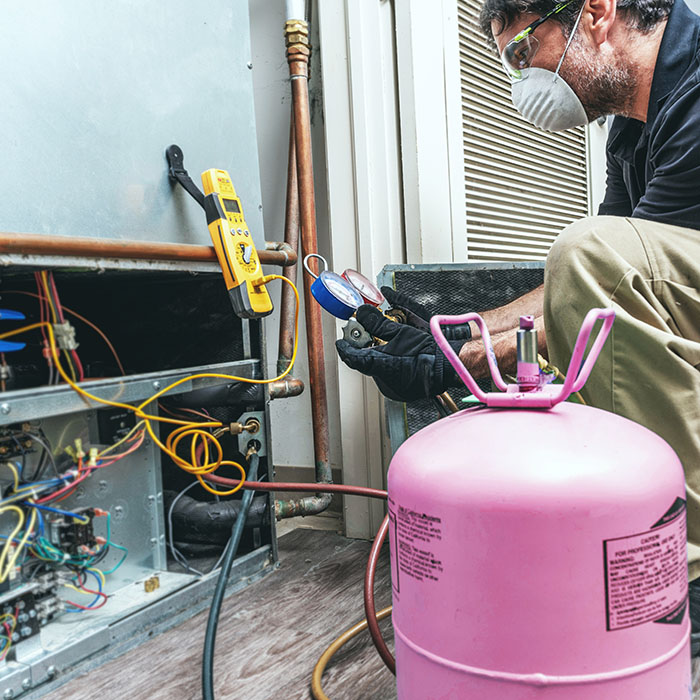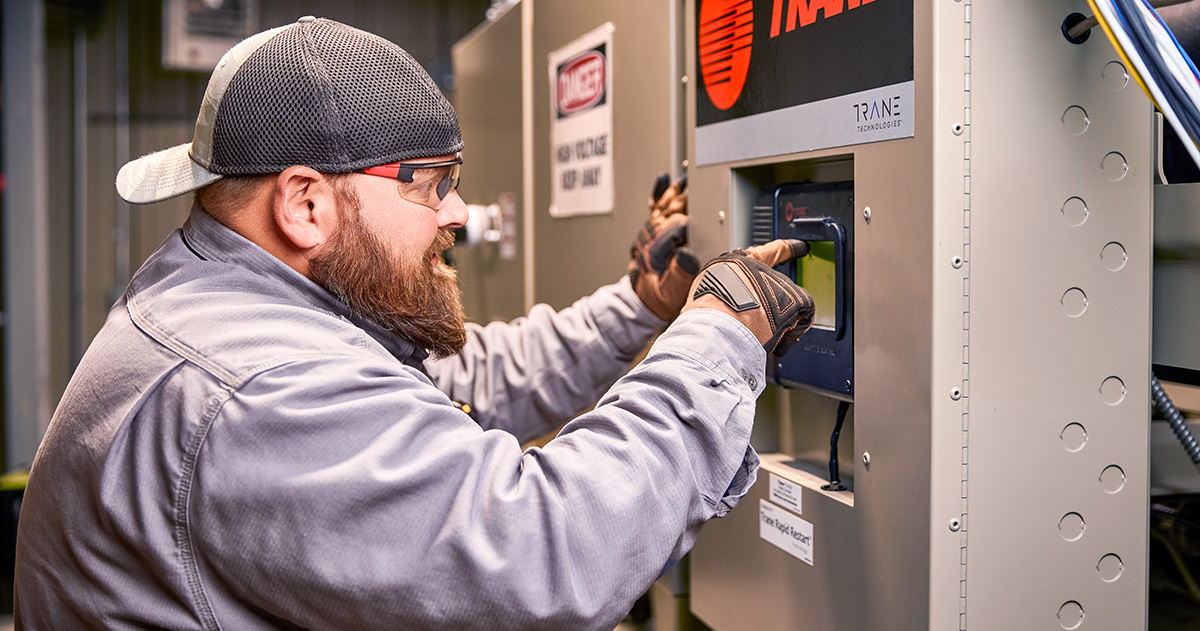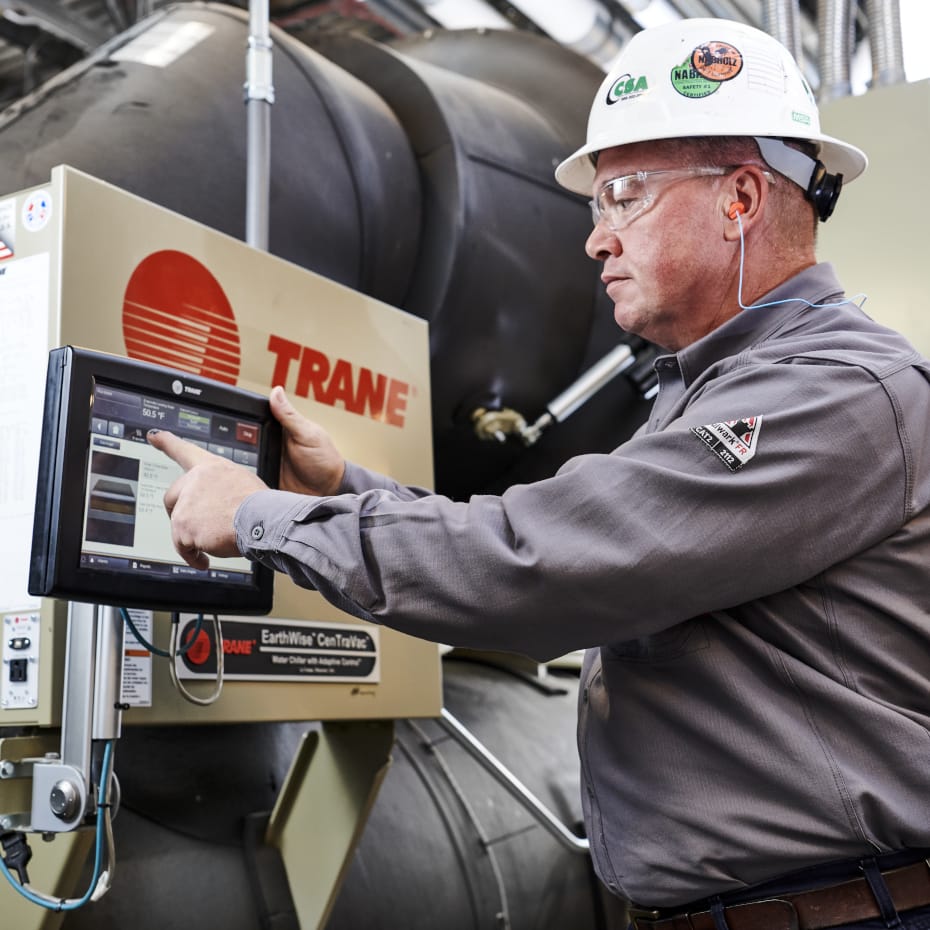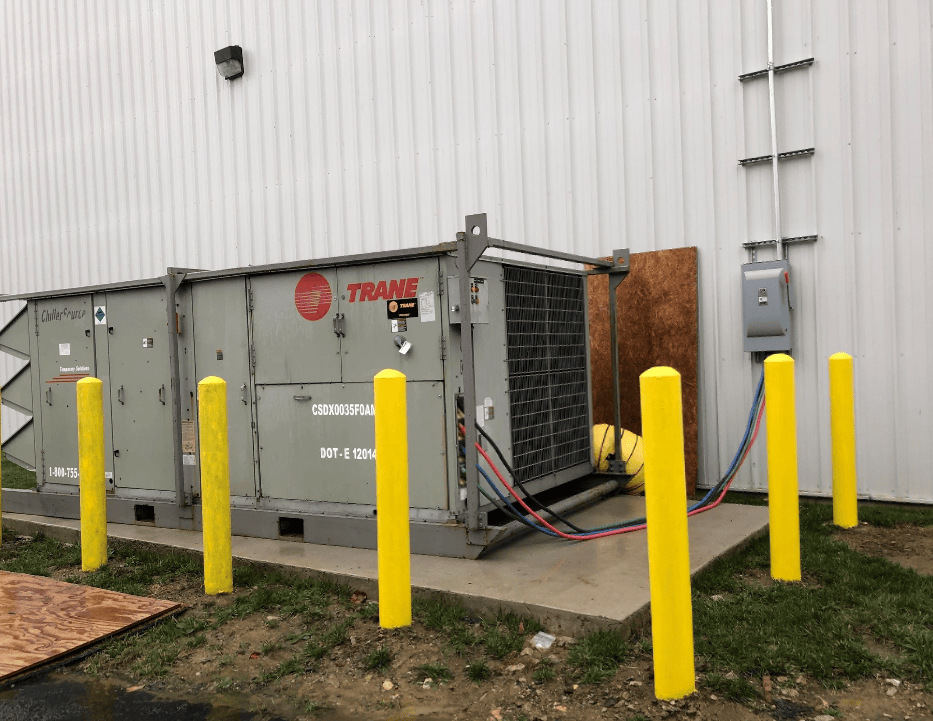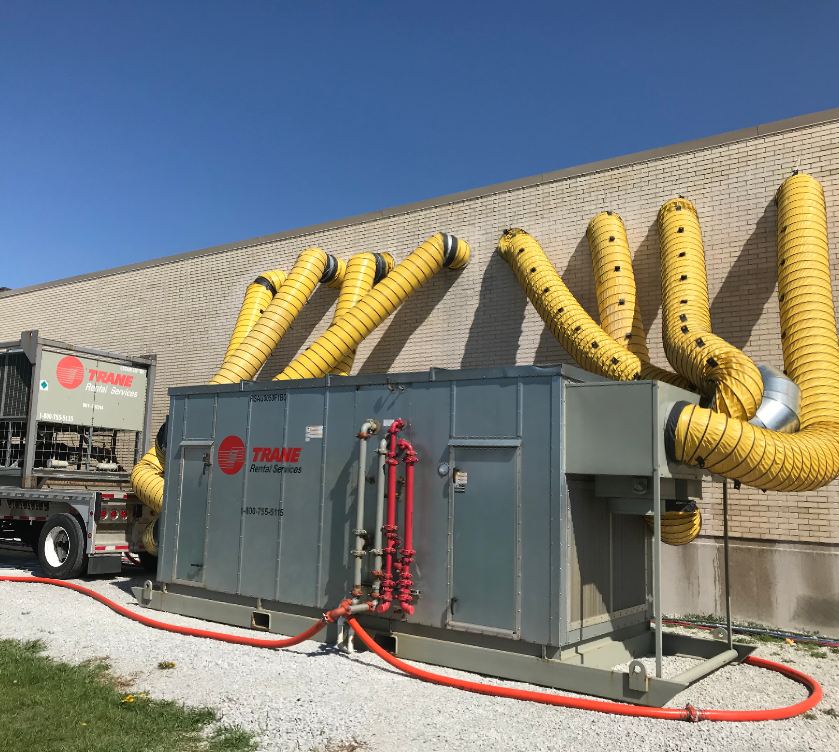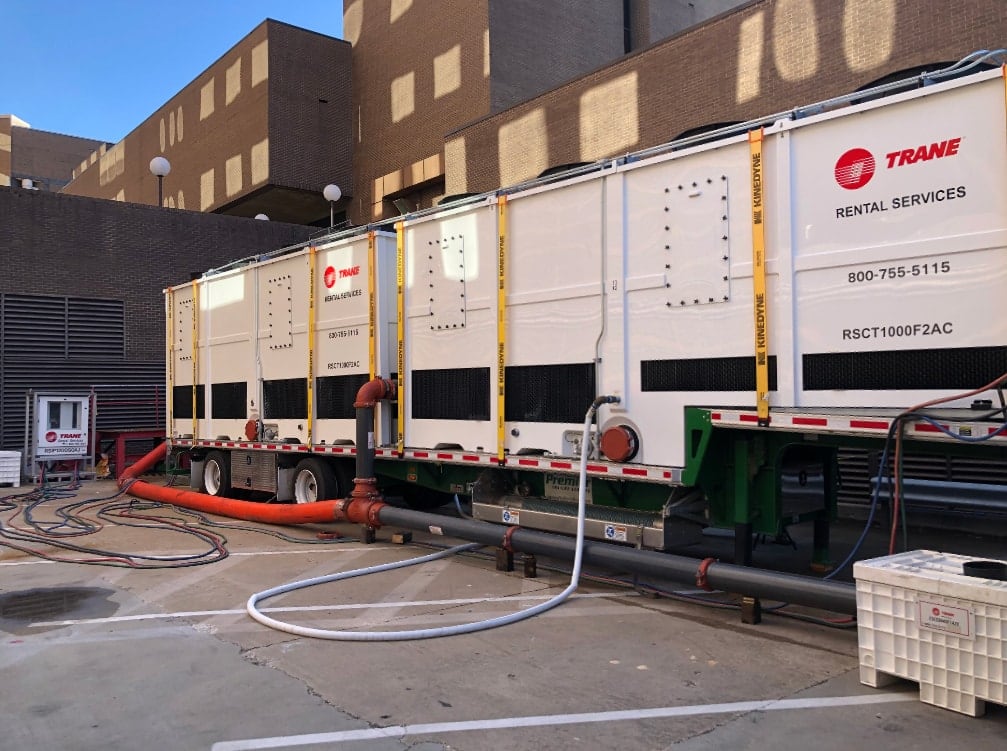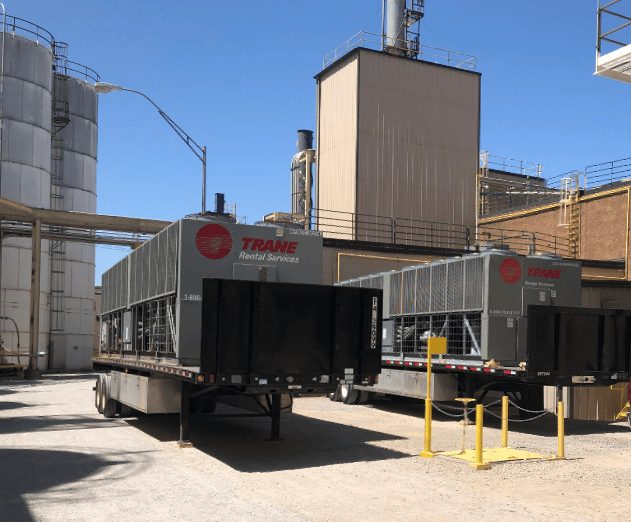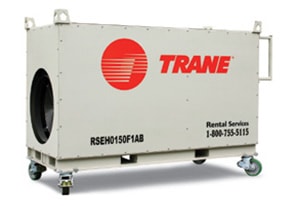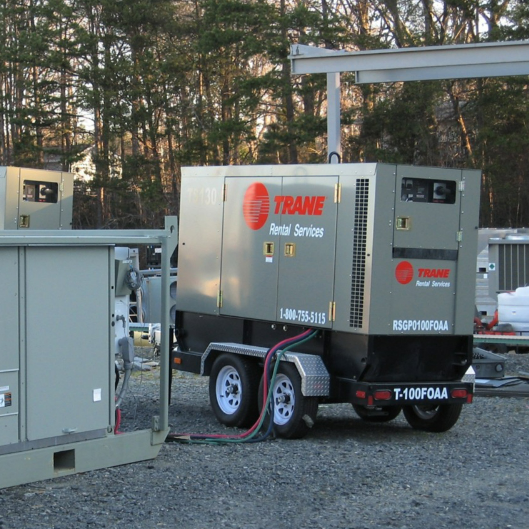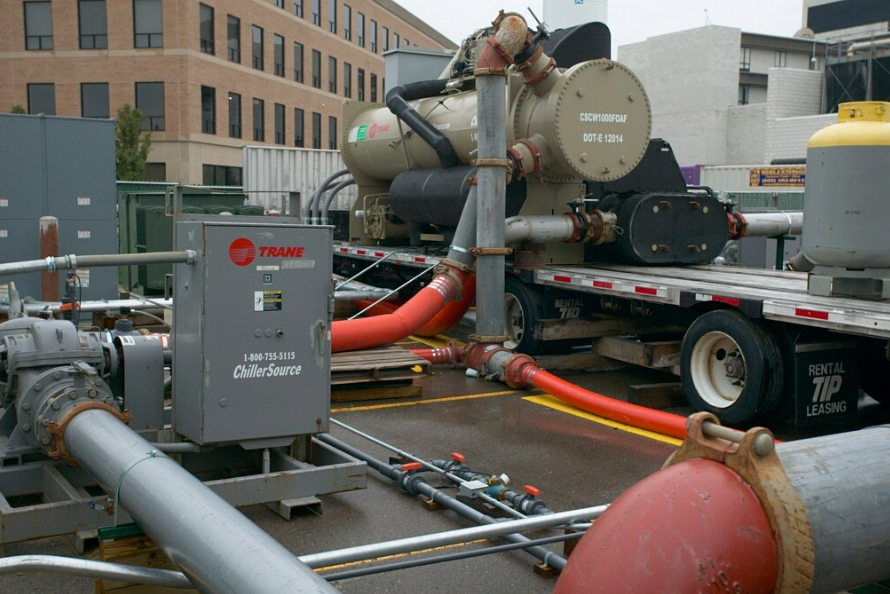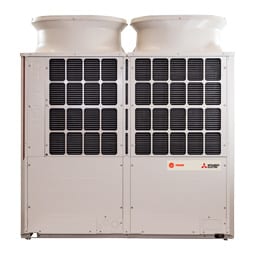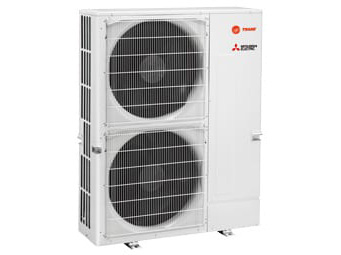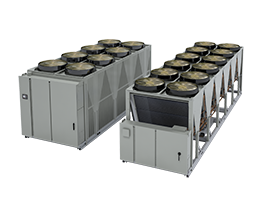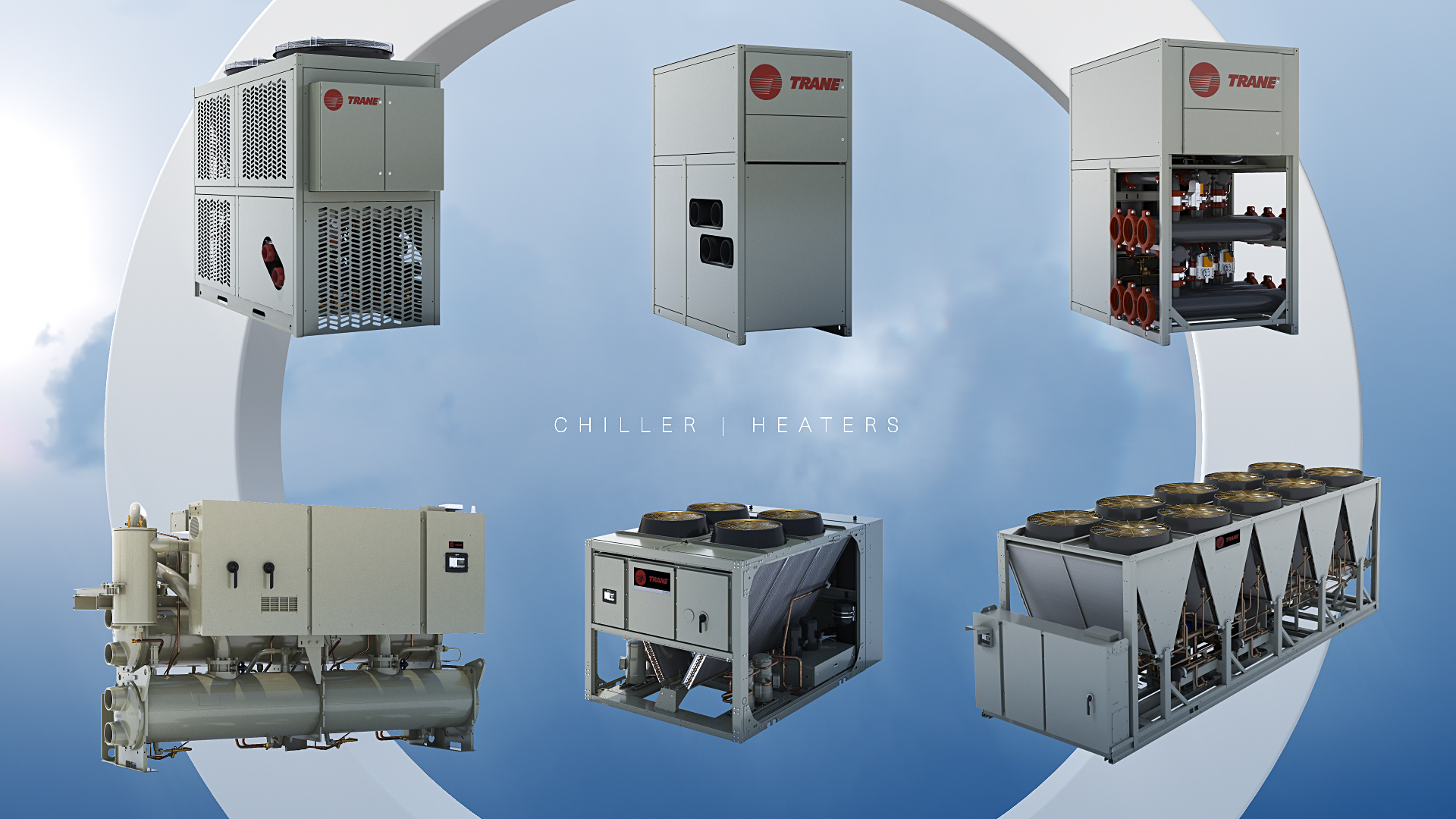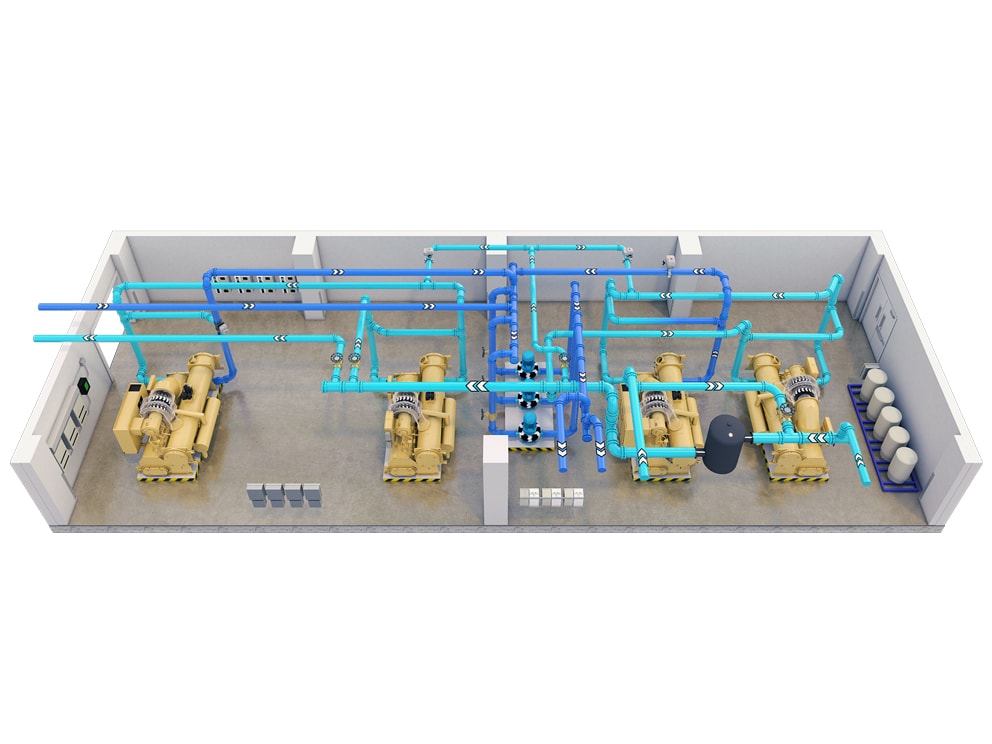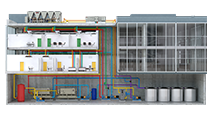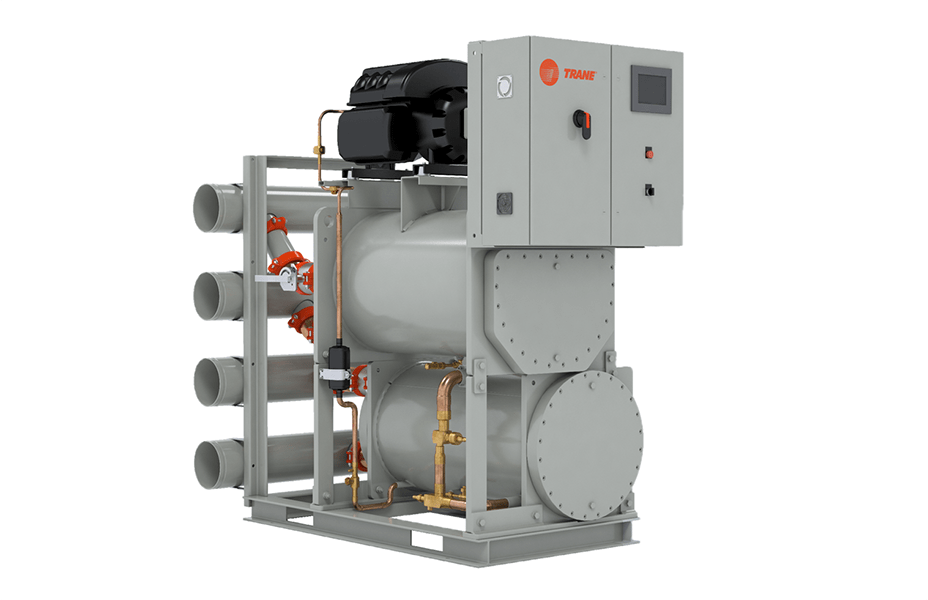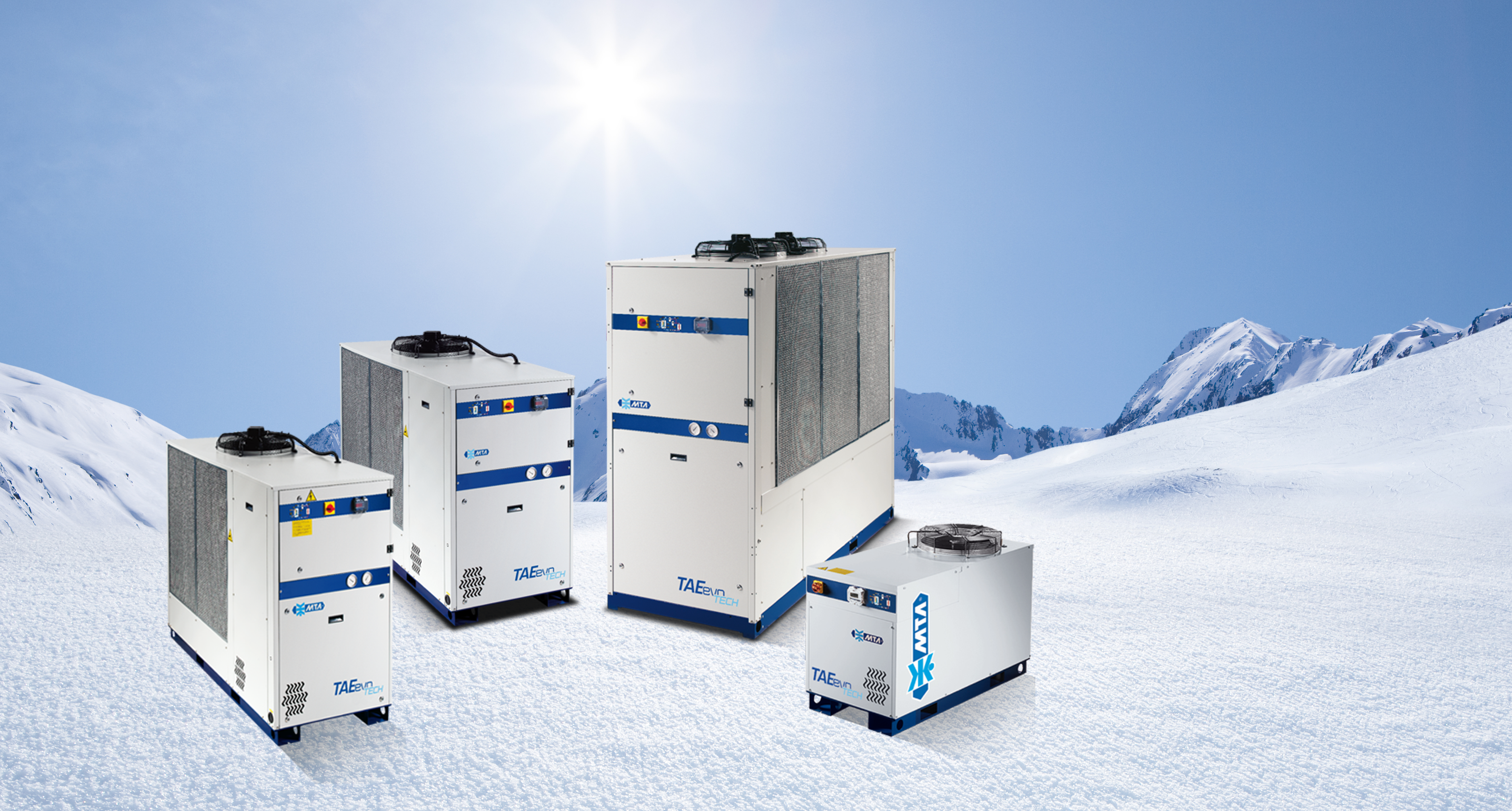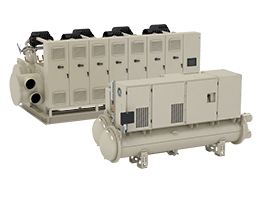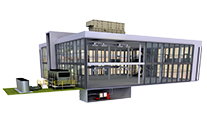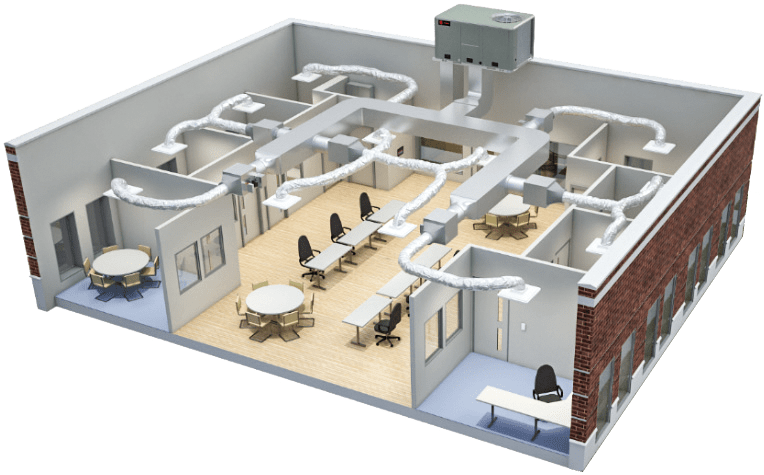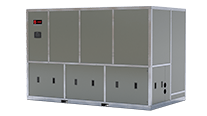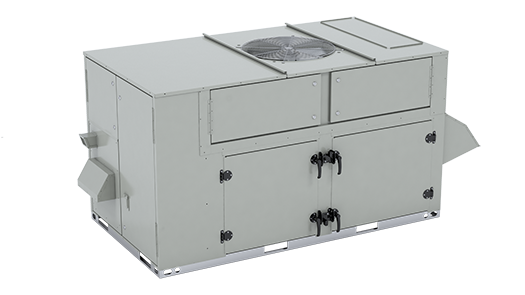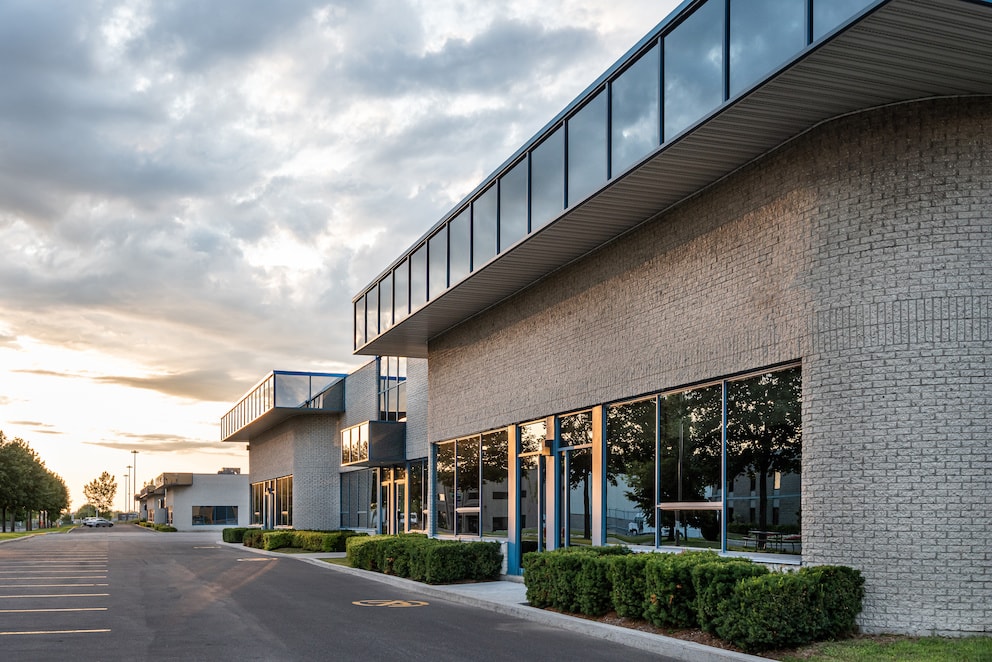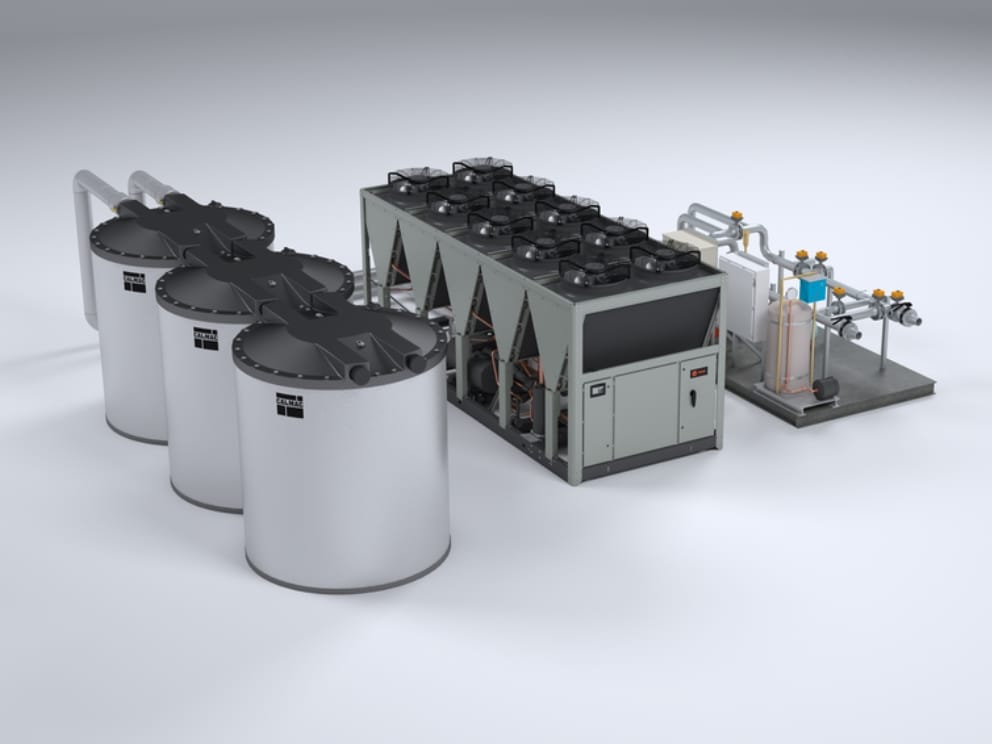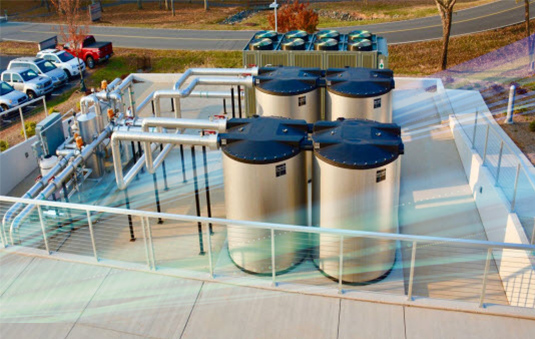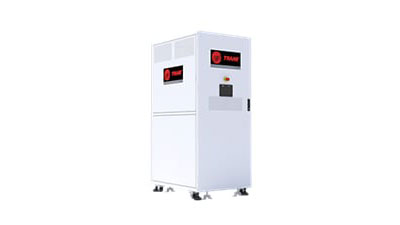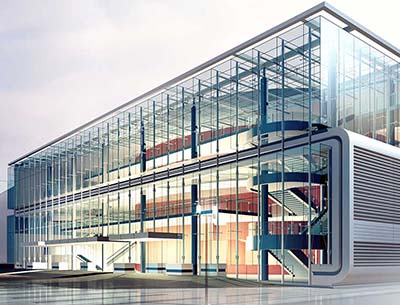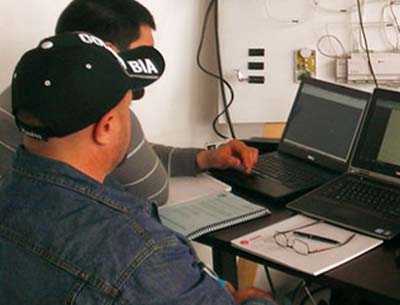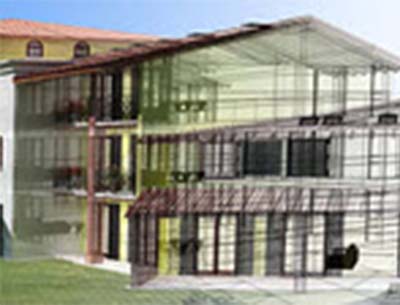Project Highlights
Location: University Center, Michigan
Industry: Higher Education
Products Used: Chillers, Energy Storage, Controls, Building Management Systems
Services Used: Upgrading
Climate: Humid & Cold
Topic: Sustainability, Efficiency, Cost-Saving, Optimal Comfort, Decarbonization, Thermal, Energy Services, Products and Solutions, Building Automation Upgrades
- Additional capacity needs
- Aging, unreliable equipment
- High maintenance costs
- Carbon footprint reduction
Thermal energy storage system
- Increased capacity
- Reduced electricity use by 1.5 MW during peak demand periods
- $100,000 annual energy savings
- Eliminated 2000 metric tons of CO2 emissions
- Achieved LEED Gold® certification
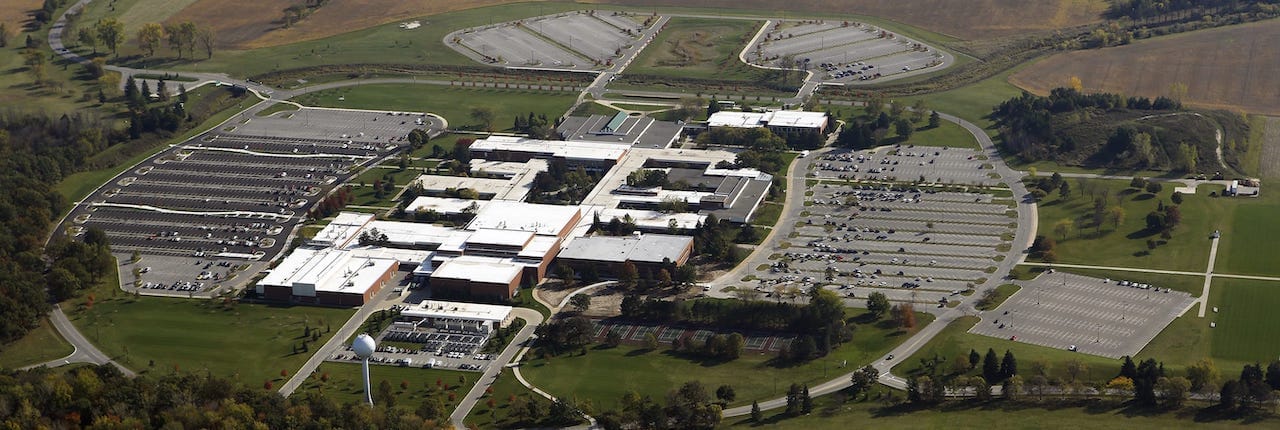
Challenge
As the campus grew, Delta College wanted to optimize energy and its carbon footprint, and establish methods for life-cycle cost savings for all new and existing buildings. With the goal of developing and operating sustainable buildings, the school looked to adopt new state-of-the-art clean energy technologies. After a facilities audit documented the rationale for significant energy improvements, and a local company’s energy-efficiency incentive program piqued their interest in thermal energy storage, Delta College put together a proposal to upgrade its chiller plant. The college sought to replace its aging, unreliable equipment and reduce its high maintenance costs with verifiable solutions that would integrate energy conservation best practices and reduce the college’s carbon footprint while planning for future growth.
Solution
Committed to creating a sustainable campus, Delta College moved forward with plans for an energy-saving cooling system. Pleased with previous project performance and the reliability of Trane equipment, Delta College selected Trane and CALMAC to partner with them on the implementation of thermal energy storage on their campus.
Creating efficient plant design
The campus’ thermal energy system includes Trane® CenTraVac® centrifugal chillers, which offer the industry’s highest full- and part-load efficiency and a robust design to ensure reliability. Using the chillers’ free cooling option provides up to 45 percent of the normal chiller capacity, without running the compressor, for significant cost savings. A Trane absorption chiller works with the centrifugal chillers, using heat to drive the refrigeration cycle and producing chilled water, while consuming only a small amount of electricity to run the pumps. The chillers make ice at night when energy is in lower demand and less expensive. The ice is stored in CALMAC® Ice Bank® thermal energy storage tanks, and then used to cool buildings during the day.
Increasing cooling capacity with a flexible solution
Thermal energy storage systems were installed on the Delta College campus on three occasions as the school expanded its footprint to accommodate growing enrollment. The first installation, which included forty-five CALMAC® Ice Bank® thermal energy storage tanks and two 800-ton Trane® CenTraVac® chillers, provided 100 percent of the school’s cooling. As needs grew, the system was expanded to include 200 kW of energy storage, and due to a greater than anticipated cooling load, the thermal storage system piping was reconfigured to allow the college to run the chiller plant while it was melting ice. In the third instance, the chiller plant was converted from a secondary system to a full ice storage system to cool the entire campus with ice during the day. The expansion included the addition of two 800-ton Trane CenTraVac chillers, which can operate with low global warming potential refrigerants. The chillers run in sequence for optimal efficiency, and 500 kW of energy storage. With a total of eighty-one CALMAC Ice Bank thermal energy storage tanks, the college now has 1.6 MW of energy storage, providing 13,500 ton hours of cooling throughout the campus.
Ensuring optimal plant operation
Facility managers use a Trane® Tracer® Ensemble™, a web-based building management system to operate the chiller plant and portions of the airside and waterside systems. Accessible from most PCs, tablets, and smart phones, Tracer Ensemble provides immediate access to systems from virtually any location to maintain a comfortable learning environment. Operators use Tracer Ensemble to monitor system performance, change setpoints, establish scheduling, and manage alarms, as well as analyze system data to ensure optimal operation.
Results
Central cooling system upgrades, implemented by Trane and CALMAC at Delta College, have increased capacity to accommodate growing campus needs, while reducing electric and gas consumption, as well as the facility’s overall carbon footprint. The improvements have saved over $100,000 per year in energy costs, reduced electric demand by 1.5 MW during peak demand, and eliminated over 2000 metric tons of CO2 emissions produced by the facility, helping to meet sustainability objectives. In addition, Delta College’s Health Professions Building achieved LEED Gold® Certification, becoming one of only three buildings in the region to earn this level of certification.
“I was here for the first implementation of the energy storage system and have been able to see success the program has had along the way,” said Larry Ramseyer, Director of Facilities at Delta College. “From installation to learning and running the tanks, the entire experience with CALMAC’s technology has been smooth. With the controls, I can easily run the energy storage system from my smartphone. The ice tanks provide reliable, controlled cooling throughout the campus to create a comfortable environment for students and staff.”
ABOUT DELTA COLLEGE
Delta College opened in 1961as a small junior college, which today has grown into a one million sq ft campus serving over 13,000 students with various two-year education programs. Establishing itself as an early leader in environmental responsibility, the college joined the Association of Higher Education and the Presidents' Climate Committee and is also a member of the Building Commissioning Association®, which helps foster energy conservation in daily campus life. Projects like electric vehicle charging stations, lighting upgrades, resource responsible farming, solar powered crosswalks have contributed to the sustainable campus. The school also has more than forty courses that include a sustainability component.




